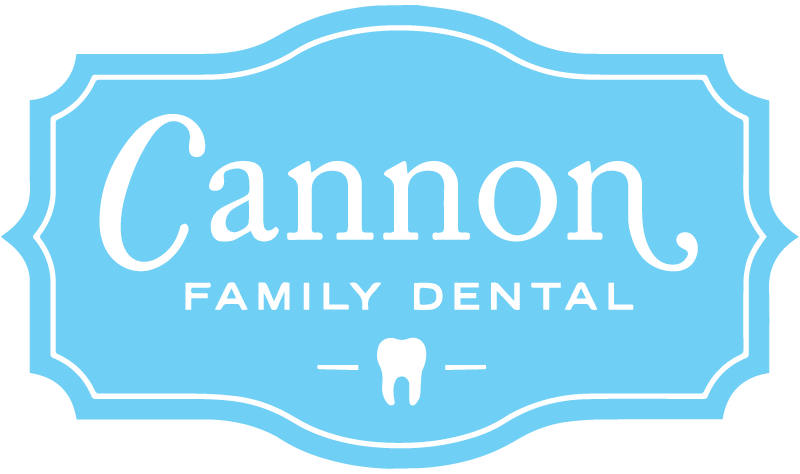In the Journal of the American Dental Association, May 2013, a data review was presented that is interesting to note. So I thought I would share it with my online readers. In the review, Manthan H. Patel, BDS, MFP; Jayanth V. Kumar, DDS, MPH; and Mark E. Moss, DDS MS, PhD studied data from the National Health and Nutrition Examination Survey (NHANES) to understand the association between diabetes and tooth loss in the United States.
Tooth loss and edentulism (complete absence of teeth) both are considered poor health outcomes that have a negative impact on a person’s quality of life. The prevalence of tooth loss increases with age and is a major problem for people 60 years and older (part of the Baby Boomer generation). Adverse consequences of tooth loss include difficulty in chewing and speaking, esthetic dissatisfaction and social stigma. Moreover, investigators have reported an association between tooth loss and lower consumption of dietary fiber, fruits and vegetables, as well as with a high intake of cholesterol and saturated fatty foods….Edentulism and tooth loss are associated independently with chronic heart disease, hypertension, stroke, cancer and other systemic diseases (JADA, May 2013, p. 478).
There are 32 teeth in the mouth. Assuming that the 3rd molars (wisdom teeth) were extracted, a full complement of teeth would be 28 teeth. But Patel, et al., found the average number of teeth found in people 60 years and older to be roughly 19, or nine additional teeth lost on average from this population.
Periodontal disease and cavities are the primary reasons for tooth loss. “Factors such as age, level of education, family income, geographical location, access to care, smoking history and health insurance coverage are associated with tooth loss” (JADA, May 2013, p. 479). Another factor for tooth loss due to periodontal disease is diabetes. Several studies have shown a strong relationship between periodontal disease and diabetes (JADA 2008; 139 (suppl): 19S-24S); JADA 2006;137 (suppl):26S-31S. Among people 65 years and older, 11 million (27%) are affected by diabetes (JADA, May 2013, p. 479).
Patel, et al., refer to the 2009 International Diabetes Federation guidelines (www.idf.org/webdata/docs/OralHealth_EN_RTP.pdf) on oral health for people with diabetes. The guidelines recommend annual oral (dental) health checkups for people with diabetes, daily oral health practices, and education about poor oral health outcomes.
At Cannon Family Dental we are aware of the risks and preventive methods. We are anxious to visit with you about ways to help you keep your teeth through prevention. If, however, you have lost teeth already, we are also prepare to visit with you and help you replace missing teeth. I invite you to call us about your dental questions and needs.

